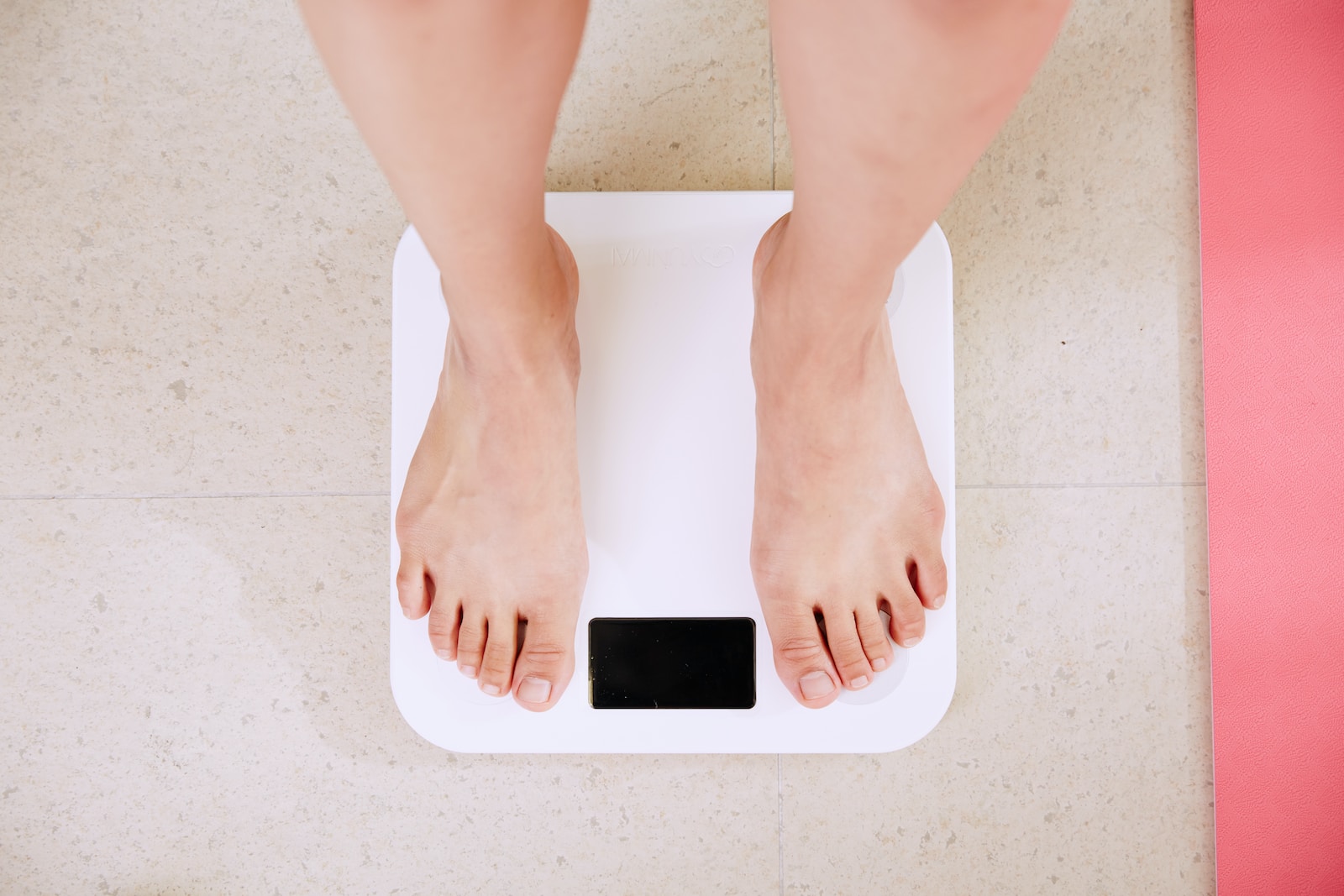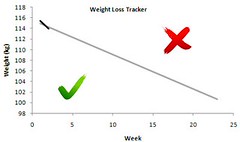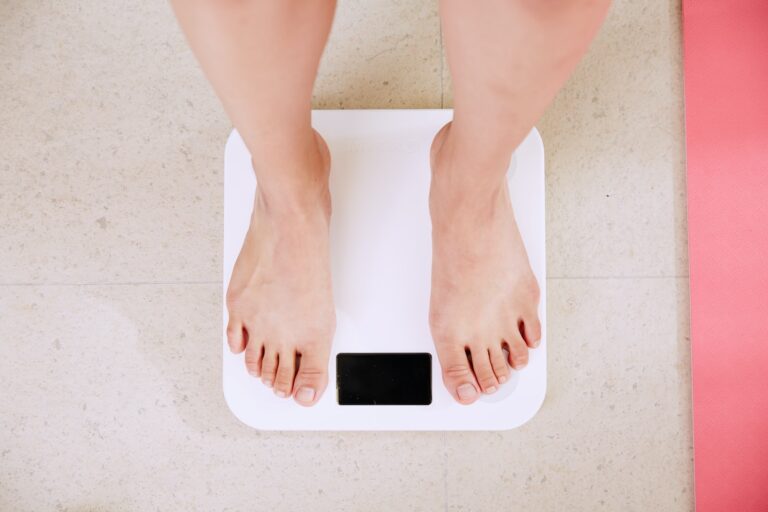How to Overcome Emotional Eating and Break the Cycle
Are you someone who turns to food as a source of comfort when facing difficult emotions? Do you find yourself reaching for that pint of ice cream after a long day at work, or devouring an entire bag of chips when feeling stressed or anxious? If so, you are not alone. Emotional eating is a common struggle for many individuals, and breaking the cycle can be challenging. Fortunately, there are effective strategies that can help overcome emotional eating and regain control over your relationship with food.
In this blog post, we’ll explore some practical tips on how to tackle emotional eating so you can start living a healthier and happier life.
If you identify with any of the following descriptions, it’s likely that you struggle with emotional eating:
- You turn to food as a way to cope with stress and anxiety
- You eat when you’re feeling unhappy or frustrated
- You eat when you’re feeling lonely or sad
- You eat to control your mood or emotions
What is Emotional Eating?

Emotional eating refers to the repeated practice of consuming food or drinks in order to cope with emotions, such as stress, sadness, anger, and guilt. This type of eating can be counterproductive because it often leads to weight gain, obesity, and related health problems.
The best way to overcome emotional eating is to understand why it happens. Most people eat in response to feelings that have been triggered by thoughts or events in their lives. When these feelings are strong and persistent, they can lead to overeating.
There are several things you can do to break the cycle: identify your triggers, talk about your feelings with a trusted friend or family member, learn about self-soothing techniques (like meditation or exercise), and focus on healthy behaviors (like monitoring your calorie intake and adopting a healthy lifestyle).
In the long run, learning how to manage your emotions will help you avoid emotional eating altogether.
The Cycle of Emotional Eating
Emotional eating refers to the act of eating in response to strong emotions, such as stress, sadness, anger, or boredom. It can be a cycle that’s hard to break. Emotional eating can also lead to weight gain because it triggers overeating. Here are some tips on how to overcome emotional eating and break the cycle:
- Acknowledge your emotions: When you’re feeling emotionally angry or sad, it’s important to understand why you’re feeling this way. Doing so will help you manage your emotions better and avoid turning to food for comfort.
- Talk about your feelings: Talking about how you’re feeling is one of the best ways to manage them. sharing your thoughts with someone who will listen can be very helpful. However, don’t hesitate to talk about your feelings with a professional if it doesn’t feel safe or comfortable to do so with someone you know.
- Deal with negative thoughts: Sometimes when we’re feeling negative emotions, we start thinking unhelpful thoughts about ourselves. Challenge these thoughts and try not to give them too much power. Communicate with a therapist if these negative thoughts become overwhelming.
- Avoid restrictive diets: Restrictive diets like crash dieting are never effective long term and can make things worse by triggering cravings for unhealthy foods. If you want to lose weight sustainably, focus on healthy eating habits that include regular physical activity and balanced snacks throughout the day rather than going on a restrictive diet.
- Set realistic goals: Trying to lose weight too quickly can lead to frustration and failure. Instead, set achievable goals that you can feel good about once you’ve achieved them.
- Consider therapy: If you find that overcoming emotional eating is difficult, consider seeking professional help. A therapist can provide you with strategies for managing your emotions and helping you to break the cycle of emotional eating.
- Talk to your doctor: If you find that you’re struggling with emotional eating and weight gain, it may be worth talking to your doctor. He or she can provide you with resources and guidance for managing your symptoms.
- Remember that emotional eating is a symptom, not the problem: If you’re struggling with emotional eating, it’s important to understand that it’s not the fault of food. It’s important to focus on finding solutions that will help you manage your emotions better.
If you or a loved one is struggling with emotional eating, please seek professional help. There are plenty of resources available to help you overcome this addiction and maintain a healthy weight.
How to Overcome Emotional Eating and Break the Cycle
In order to overcome emotional eating, you first need to understand the cycle. Emotional eating is normal when we are feeling overwhelmed and stressed. However, in order to break the cycle, you have to recognize when you’re in the middle of it and take action.
Here are five tips for overcoming emotional eating:
- Make a list of your triggers. What events or situations typically lead to you overeating? Write these down so that you can identify them quickly next time.
- Talk about your emotions with someone who will listen compassionately. Talking about your emotions can help destress you and clear your head before making food choices.
- Set healthy boundaries with food. Frequently asking yourself whether you REALLY want this food will help curb mindless overeating. Eat things that make YOU happy, not what other people tell YOU to eat. Be honest with yourself!
- Practice self-compassion when you fall victim to emotional eating behaviors. Remember: You’re not alone in this battle! And there is always room for improvement on our journey to happiness (and weight loss!). Acknowledge that you’ve been through this before and know that it WILL end soon enough – congrats on getting this far!
- Reach out for support from friends and family members who understand and support your weight loss efforts! They may be able to offer helpful advice or words of encouragement along the way.
Methodology
There is no one-size-fits-all answer to overcoming emotional eating, as the best strategies vary based on individual circumstances andbiological factors. However, there are some general tips that can help people overcome emotional eating and break the cycle:
- Recognize when you are in an emotionally charged state and take steps to relax. When we’re stressed out, we’re more likely to eat because food feels like a way to calm down or escape from our situation. Try taking deep breaths, meditation, or yoga to relieve stress.
- Pay attention to how your food affects your mood. Are you feeling generally happier after eating something sweet or savory? Pay attention to what makes you feel good emotionally and try to stick with those foods and snacks when you’re feeling down.
- Find a support system. Talking about how you’re feeling with someone who understands can be really helpful in breaking the cycle of emotional eating. enlisting the help of a therapist or counselor may also be beneficial for addressing deeper issues that might be contributing to your emotional eating habits.
- Make healthy choices more regularly. Eating junk foods will only lead to temporary relief from stress; over time it will cause problems such as weight gain and increased risk for diseases such as diabetes. Try making healthier changes like swapping out processed foods for whole grains, fruit, and vegetable juice instead of soda or sugary drinks throughout the day.
- Be mindful of the way food is presented to you. Food advertisements, restaurants, and even parties can all contribute to emotional eating. If you struggle with overeating or binging in response to food, try avoiding situations that trigger these urges and practices instead.
Conclusion
There is no doubt that emotional eating plays a huge role in our weight gain and overall health concerns. It’s so easy to turn to food when we’re feeling stressed or upset, but it’s important to remember that food isn’t the answer. When we break the cycle of emotional eating, we free ourselves up to focus on healthier habits and take better care of ourselves emotionally and physically. In the end, this is what will really make a difference for our health and wellbeing.







One Comment